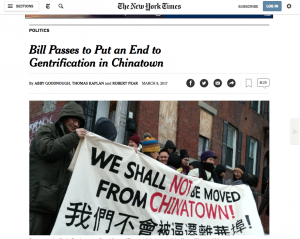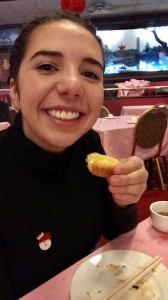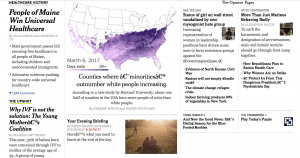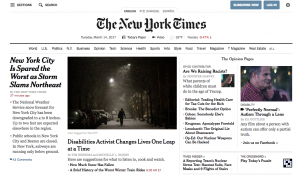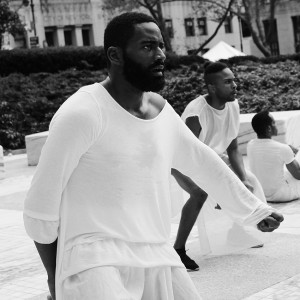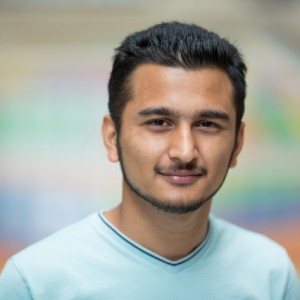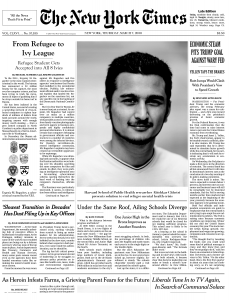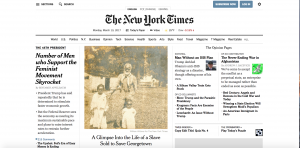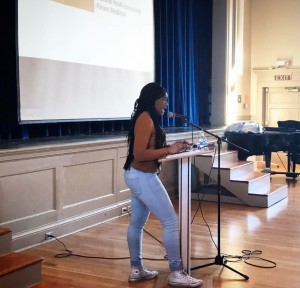Interview Link: https://drive.google.com/file/d/0B8z_IUaQkr2tSnA5R0FpWk9yQmlfVGhheXR1anlYMXNUMm1N/view?usp=sharing
Narih Lee is a Junior at Wellesley College, majoring in English and Mathematics. Narih is a counsellor at PBHA’s Chinatown Afterschool Program (she has been volunteering with the program for 3 years now), she also attended the Women’s March in NYC and did a photo-blog on the same. In my interview with Narih, we discussed her journey into volunteering and her views on volunteering. Narih emphasized the need for effective and unbiased media coverage, especially with regards to the rapid gentrification of Chinatown Boston.
Narih said that most of her students get their news through Facebook and other forms of social media. Very often, the headlines and summaries of the articles students read on social media are misleading or provocative in nature. Narih believes that the current rhetoric on “illegal” immigrants, combined with the media’s representation of illegal immigrants, pressures certain immigrant populations to visibly differentiate themselves from others. Narih claimed that amongst her students, many had developed a hatred towards “Mexicans” for ruining the way that all immigrants are perceived. Additionally, she highlighted many issues with gentrification –– parents are forced to move away from Chinatown and away from their communities, very often children are sent back to China to complete their education, gentrification in Chinatown is causing families to be torn apart and having a negative impact on the mental health of children who lose the homes they grew up in.
She emphasized the importance of ending the gentrification in Chinatown; she also stressed on the importance of unbiased and informative media coverage on the current situation. She identified the language barrier to be one of the biggest obstacles for folk living in Chinatown.
Talking to Narih Lee was an incredibly rewarding experience. Narih changes and drafts her curriculum based on the needs of the children from Chinatown Afterschool Program. She is especially proud of her class, who is invested enough in the program, to want to come back and volunteer PBHA and help other students like themselves.

